Simple slang terms used to refer to friends are among the most common in any local vernacular.
There are usually lots of them that can be used in many subtly different contexts and situations, and this is just as true in South Africa as it is anywhere else.
There are countless different terms that can be used for just about any particular situation.
From the closest most endearing terms of friendship to the kind of quick, everyday terms you might use to address a stranger in the street, they have everything.
Let’s look at some of these slang terms.
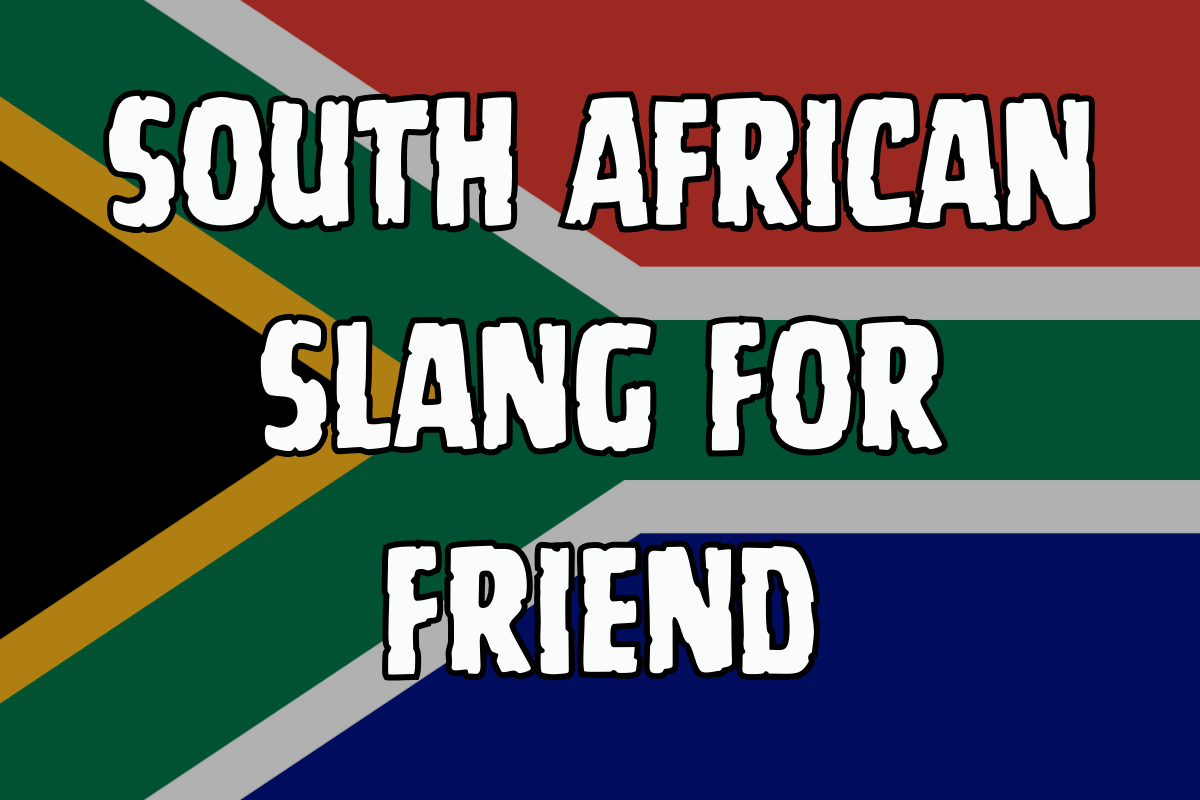
South African Slang For Friend
Boet
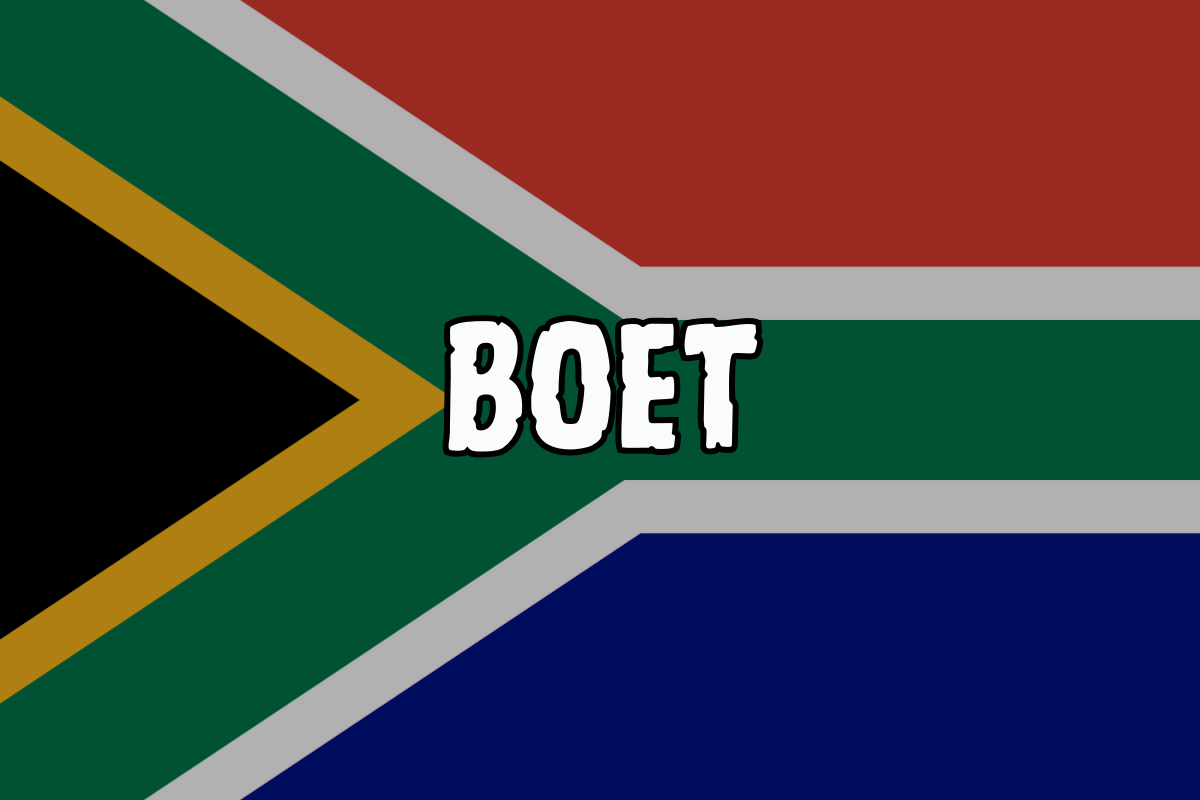
“Boet” comes from the Afrikaans word “broer,” meaning brother.
While it can be used to refer to an actual sibling, it is commonly used as a term of endearment for a very close friend, similar to “bro” or “mate.”
The term conveys a sense of strong camaraderie and brotherhood.
It is widely used in South Africa, especially among Afrikaans speakers, but it has also been adopted into broader South African slang.
Examples in sentences:
- “It’s good to see you again, boet.”
- “Don’t worry, boet, I’ve got your back.”
- “You’re like a brother to me, boet.”
- “Boet, that was an epic game last night!”
- “Cheers, boet! Let’s grab a drink.”
Boetie
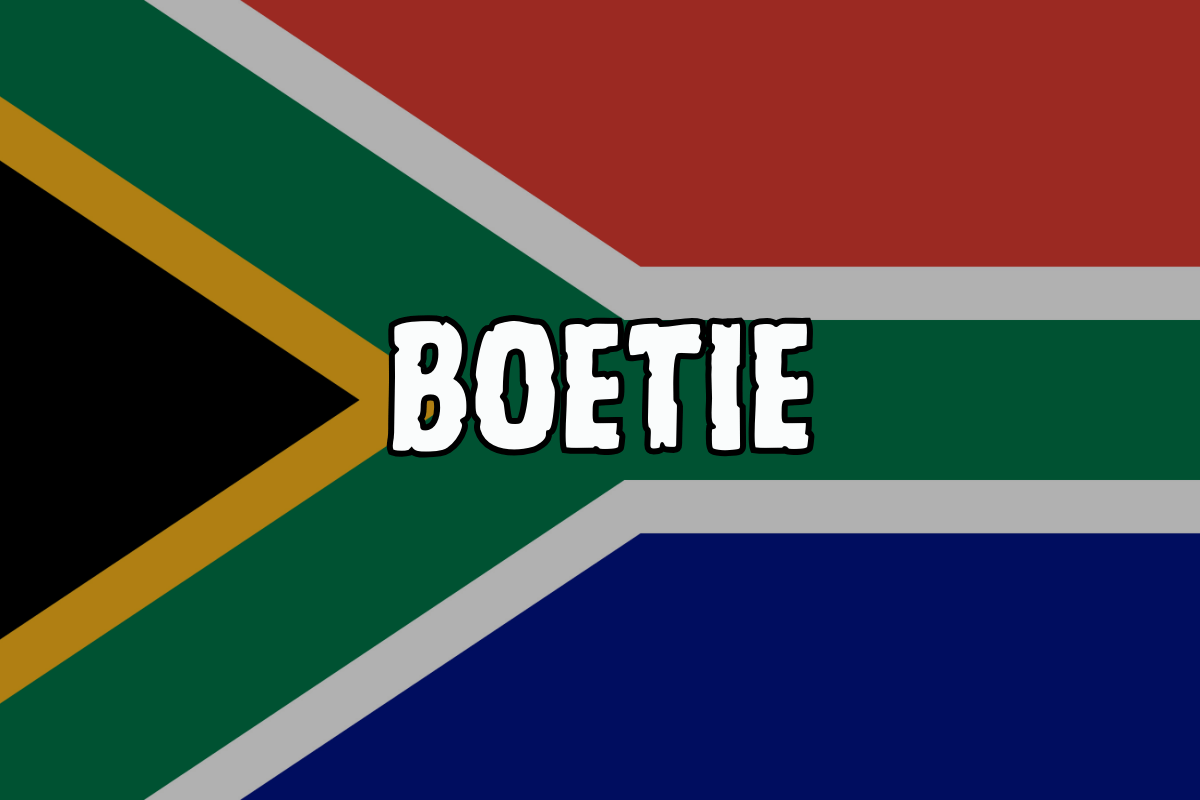
“Boetie” comes from Afrikaans and literally translates to “little brother.” It is commonly used in South Africa as a term of affection for a younger friend or a close companion who feels like a younger sibling.
While it can be used for an actual younger brother, many people also use it as a friendly way to refer to someone younger or in a more junior position in a social group.
Examples in sentences:
- “Come on, boetie, let’s get out of here.”
- “My boetie just started university this year.”
- “You’re like a boetie to me, man.”
- “Boetie, you still owe me that drink from last week!”
- “No stress, boetie, we’ll sort it out.”
Bra
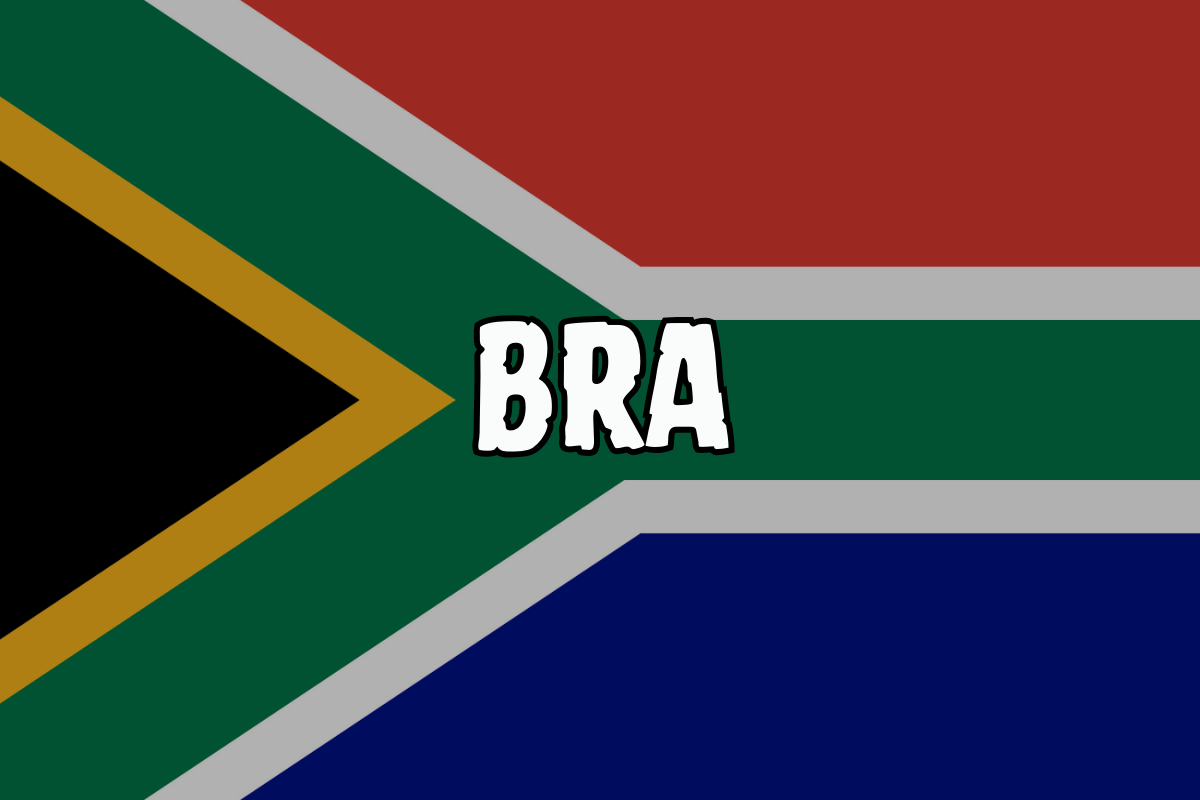
“Bra” is a common South African slang term used to address a friend. It can indicate a close bond between friends, but it is also commonly used to address someone casually, even if you don’t know them very well.
It is a shortened form of “brother,” making it similar to “bro” in other English-speaking countries. While it is borrowed from English, it has become deeply embedded in South African slang.
Examples in sentences:
- “Bra, do you want to hit the bar tonight?”
- “What’s up, bra? Haven’t seen you in ages!”
- “Listen, bra, I need a favour.”
- “Chill out, bra, no need to get upset.”
- “Bra, that was an epic game!”
Bro
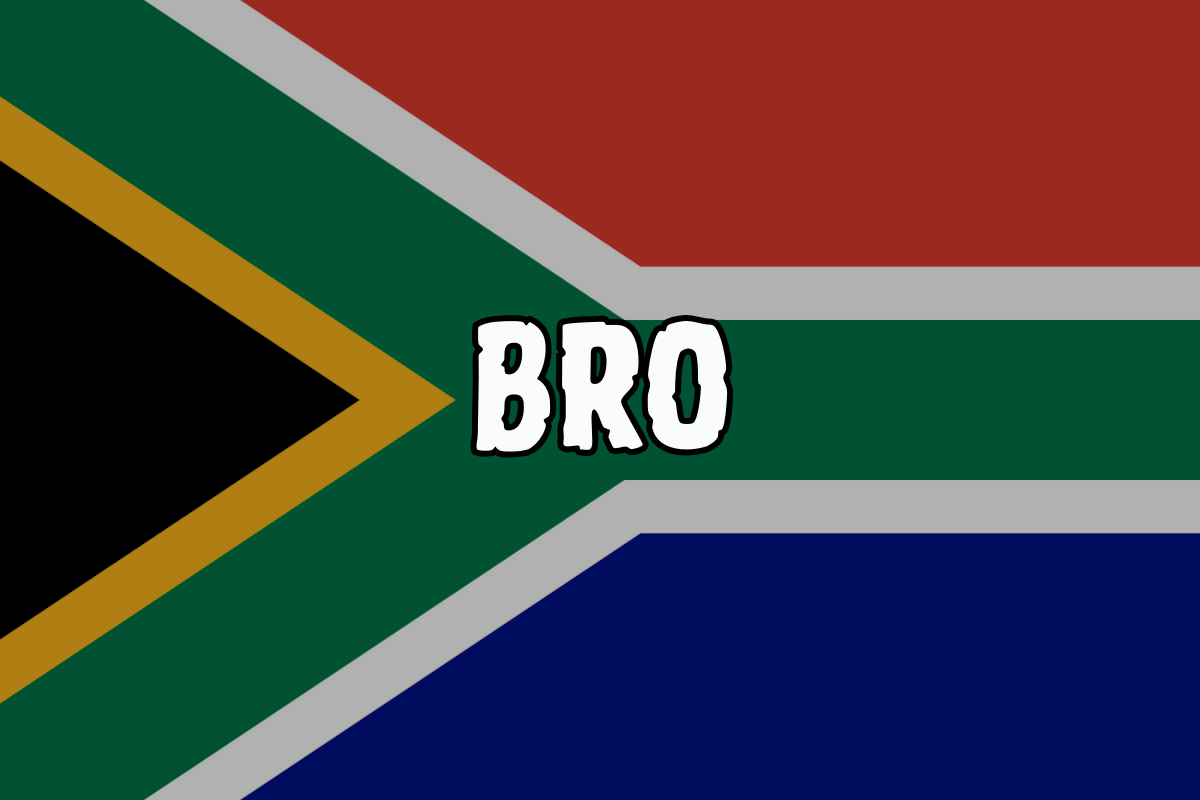
“Bro” is a widely used slang term in South Africa, serving as a casual way to address a friend.
It is very similar to “bra” and the two terms are often interchangeable, depending on regional accents and personal preference.
Like many South African slang words for friend, “bro” originates from the English word “brother,” though it also aligns with the Afrikaans “broer.”
It is commonly used among both younger and older generations.
Examples in sentences:
-
- “Have a good night, bro.”
- “Bro, you won’t believe what just happened!”
- “Thanks for the help, bro, I appreciate it.”
- “Come on, bro, let’s go grab something to eat.”
- “Bro, that was a solid game of football.”
Bru
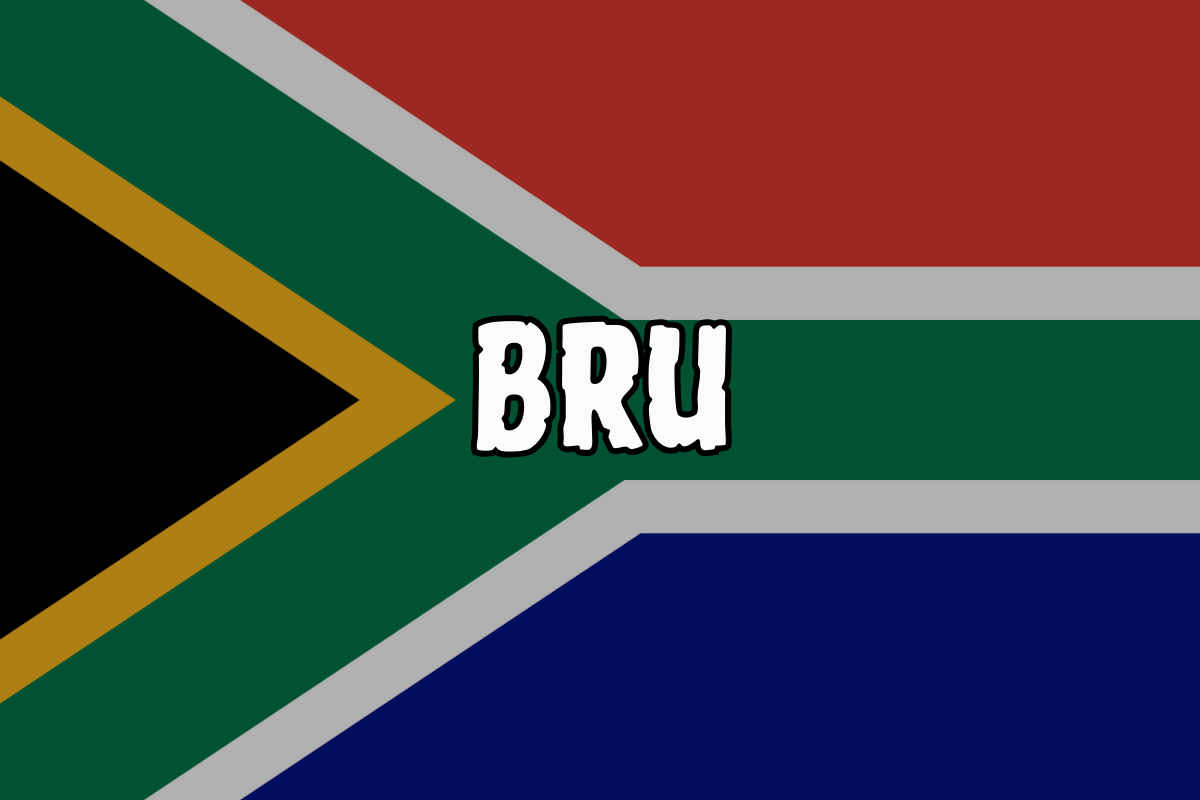
“Bru” is a South African slang term derived from the Afrikaans word “broer,” meaning “brother.”
It is commonly used among men to address their close friends, conveying a sense of camaraderie and brotherhood.
While similar to “bro” or “bra,” “bru” is often perceived as a more relaxed and informal expression.
Examples in sentences:
- “Come on, bru, let’s get going.”
- “What’s up, bru? Long time no see!”
- “You did an amazing job, bru!”
- “Let’s grab a drink, bru.”
- “Thanks for helping me out, bru.”
Chommie
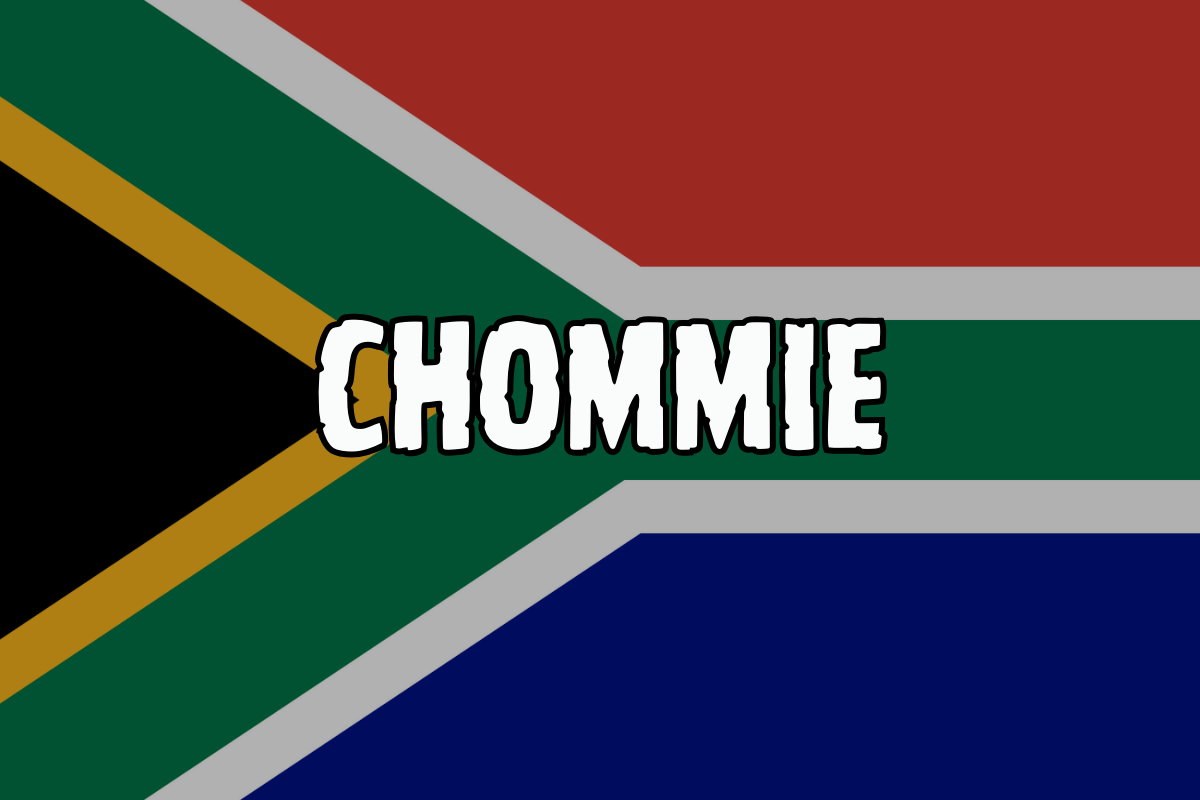
“Chommie,” sometimes spelled “tjommie,” is a South African slang term meaning “friend” or “chum.”
It is thought to be cognate with the English word “chum,” blended with Afrikaans to form this variant.
The term is versatile, used to refer to close friends as well as acquaintances.
For example, one might say, “Excuse me, chommie, I think you dropped this,” when addressing someone not well-known.
Examples in sentences:
- “Hey chommie, how have you been?”
- “I’m going to the movies with my chommies tonight.”
- “Chommie, can you help me carry this?”
- “Don’t be shy, come join us, chommie!”
- “Thanks for the help, chommie, I owe you one.”
Maat
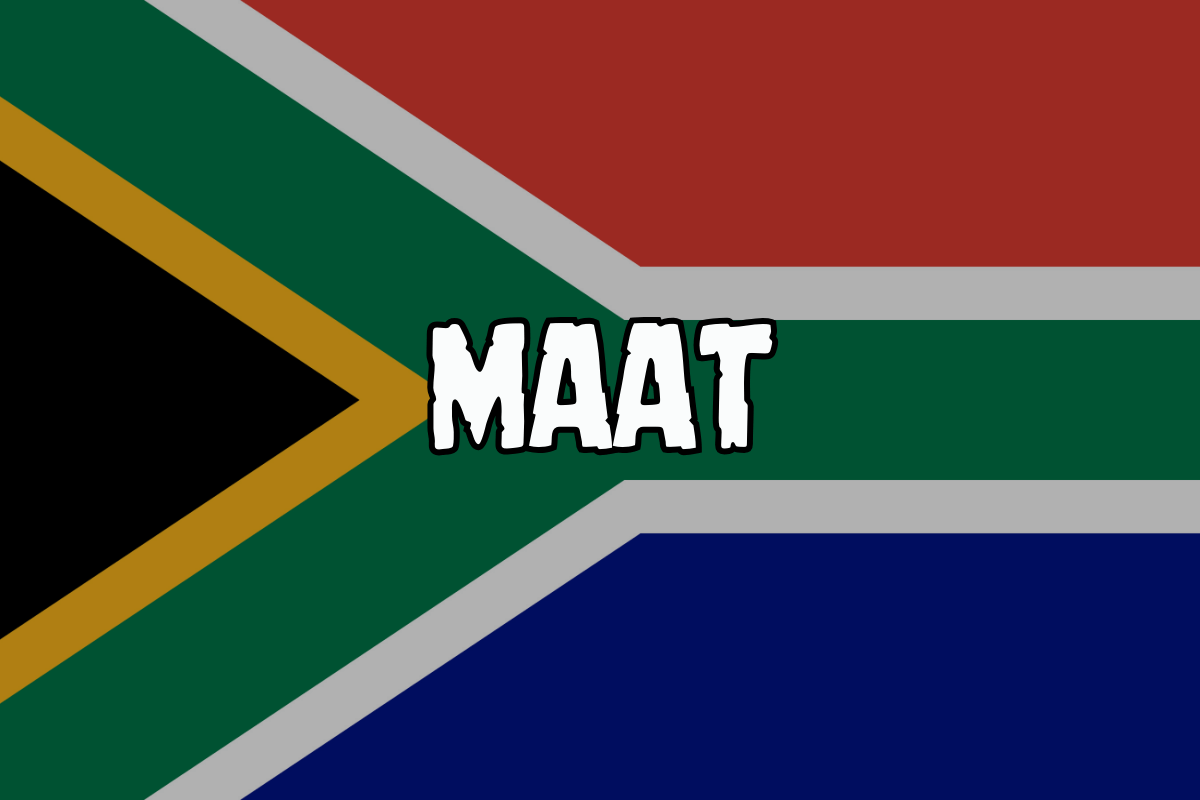
“Maat” is a term used in South Africa to denote a close friend or companion.
The word is thought to be cognate with the English word “mate,” though this doesn’t necessarily mean it is directly derived from it.
In South African usage, “maat” can also refer to a partner, such as a wife or girlfriend.
For example, one might say, “He’s a good maat,” to describe a close friend, or “She’s my maat,” referring to a significant other.
It’s important to note that the meaning of “maat” can vary based on context, so understanding the relationship between speakers is crucial when interpreting its use.
Examples in sentences:
- “He’s a good maat; we’ve been through a lot together.”
- “I’m going to the game with my maats this weekend.”
- “She’s my maat; we’ve been dating for two years.”
- “Let’s invite all our maats to the party.”
- “My maat and I are planning a road trip across the country.”
Ntwana yam
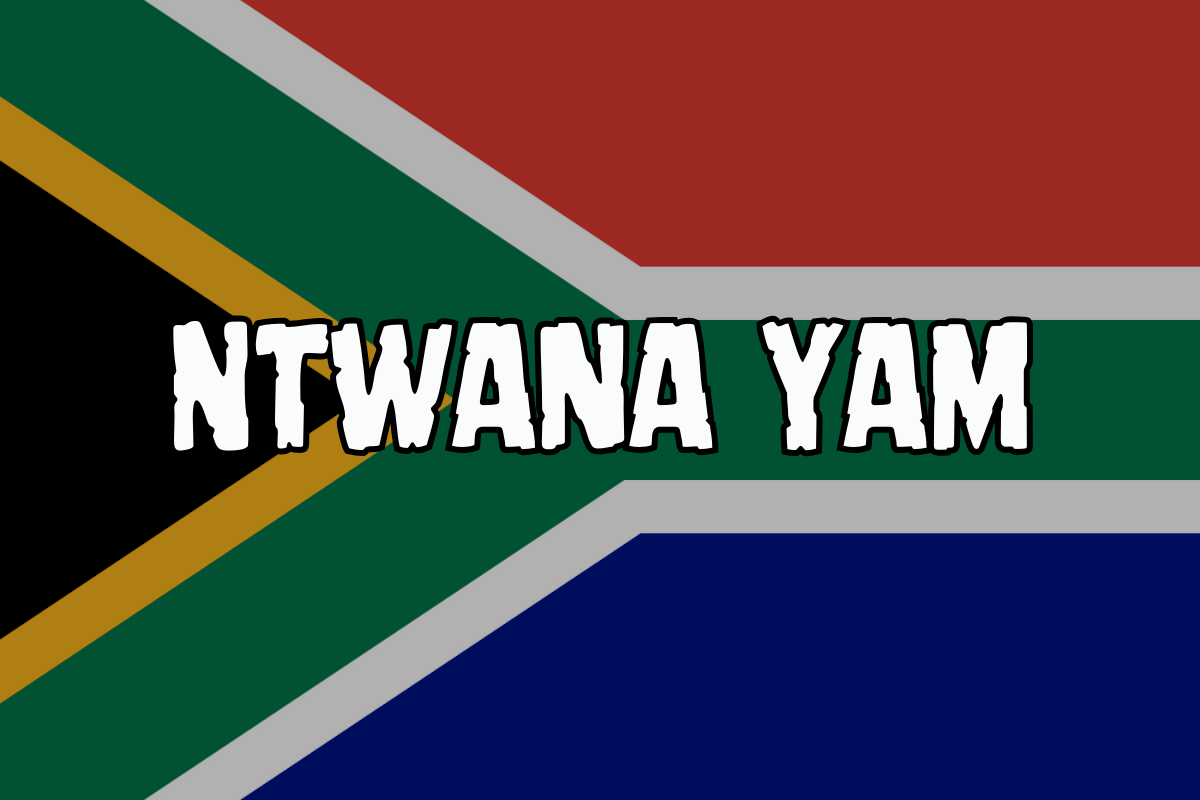
“Ntwana yam” is a phrase used in Xhosa, one of South Africa’s official languages, to refer to “a friend of yours.”
The term is commonly used within the Xhosa community but is generally not employed as a direct form of address.
Its usage is more prevalent in informal contexts and may not be universally understood outside of Xhosa-speaking regions.
For example, one might say, “Ntwana yam is coming over tomorrow,” to indicate that a friend is visiting.
It’s important to note that while “ntwana” originates from the Zulu language, meaning “baby” in English, it has evolved in colloquial usage to synonymously mean “boy” or “mate.”
Examples in sentences:
- “Ntwana yam is coming over tomorrow.”
- “I haven’t seen my ntwana in ages!”
- “Let’s hang out this weekend, ntwana.”
- “How’s everything, ntwana?”
- “Catch you later, ntwana.”
Ou
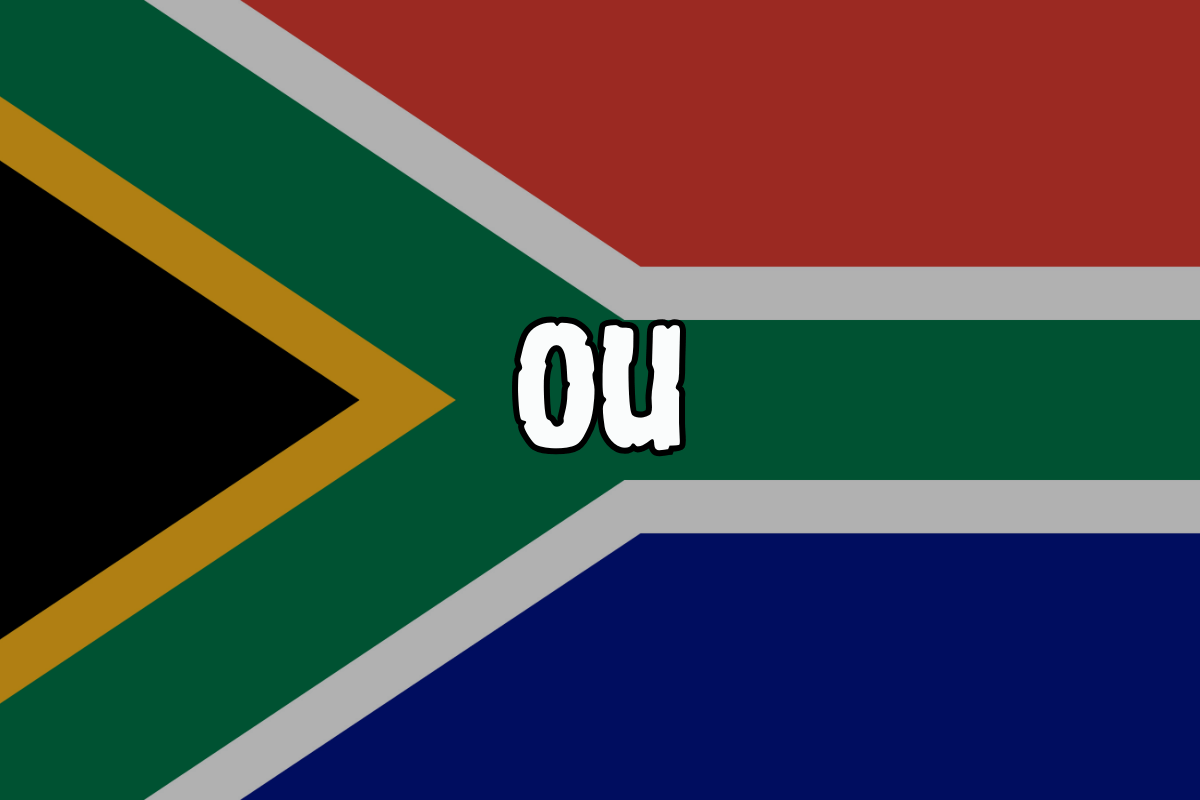
“Ou” is a frequently used slang term in South Africa to refer to a man or guy.
It’s akin to terms like “bru” or “boet” and is commonly used in informal settings.
For example, one might say, “That ou over there is my best friend.”
The term is derived from Afrikaans, where “ou” literally translates to “old”, but in colloquial usage, it refers to a person, especially a man.
It’s important to note that while “ou” is widely understood, its usage can vary by region and community within South Africa.
Examples in sentences:
- “That ou is always cracking jokes.”
- “Hey bru, let’s call up the ou for the game tonight.”
- “I met a cool ou at the party last night.”
- “Who’s that ou you were talking to?”
- “Don’t worry about him; he’s a good ou.”
Plainly you are not short on slang terms for friend in South Africa.
It’s worth mentioning that South Africa is a polyglot nation, and there are many highly varied cultures in the nation speaking many highly varied languages.
Few of these terms will be used universally by everyone in the country, though many will have a great deal of overlap.
In any case, these are all terms used in South Africa to indicate friend in one way or another.

